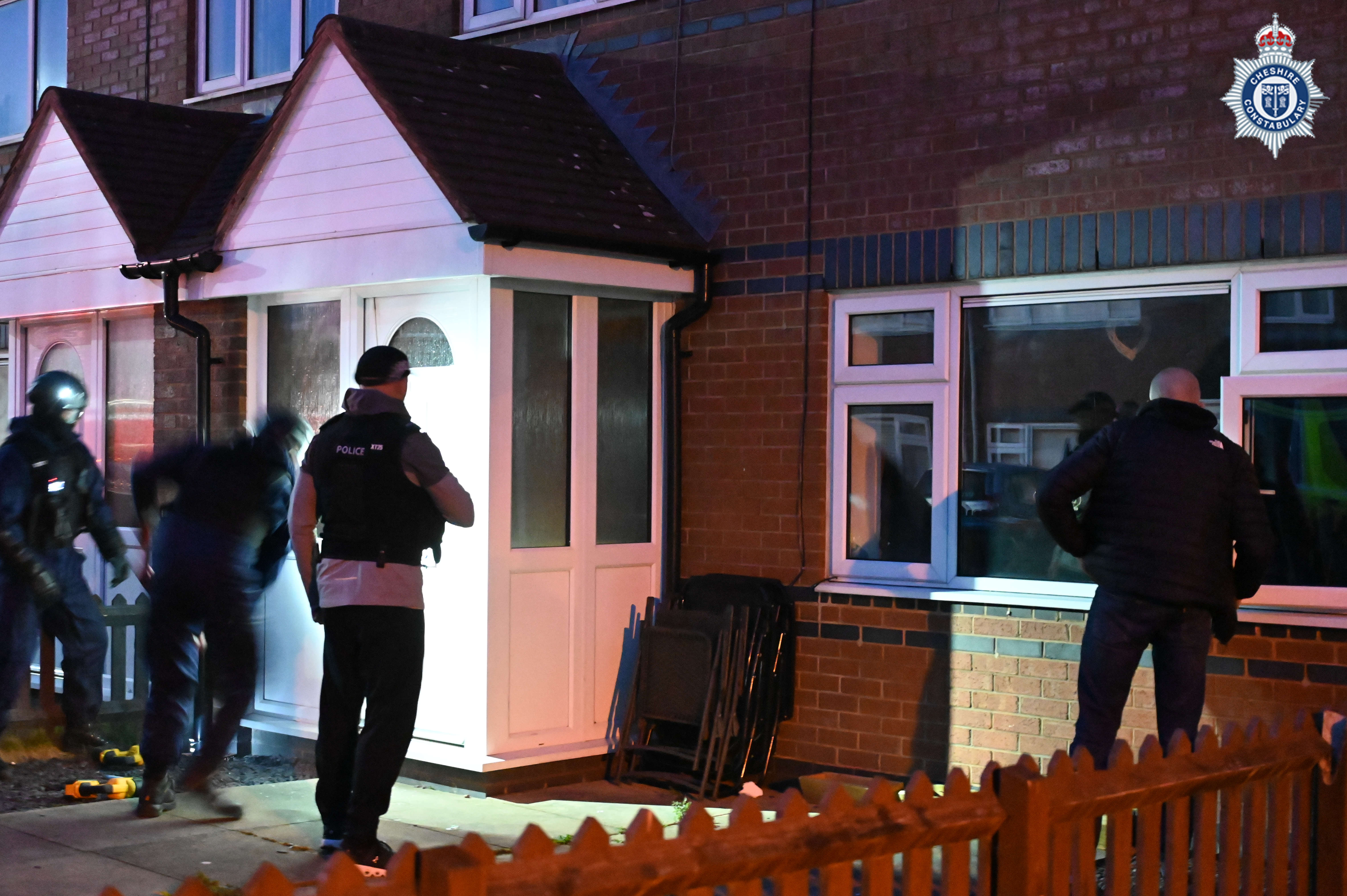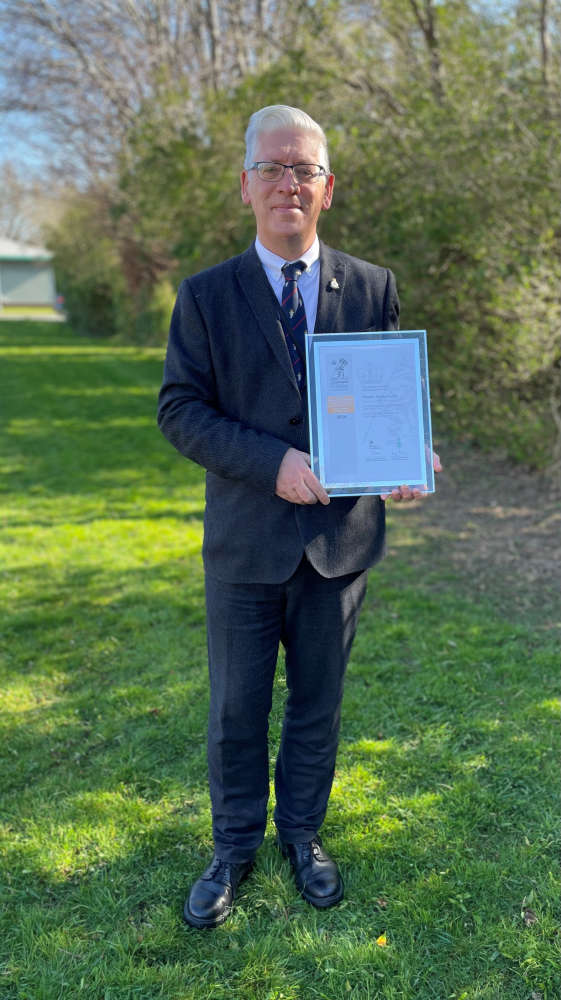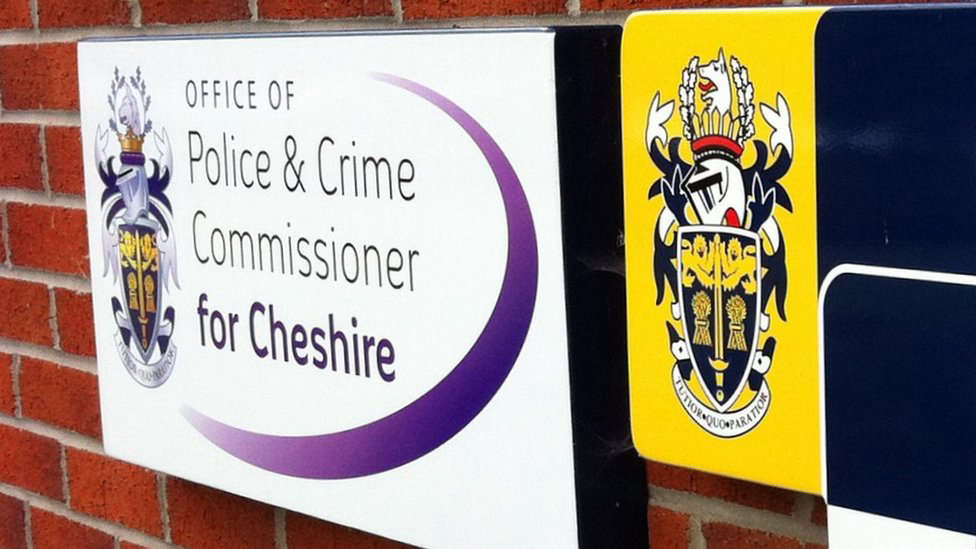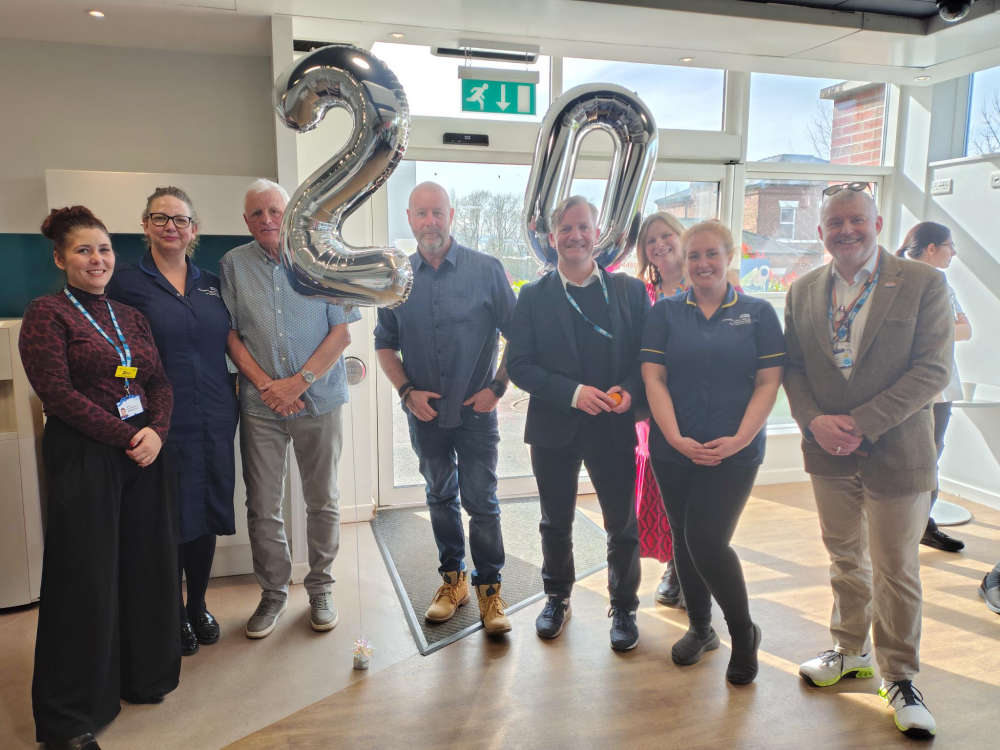|
Victims are offered early handset upgrades, or new contracts, at significant discounts. Once customers have been convinced that the deals are genuine and agree to proceed, suspects then ask for their online mobile account credentials, including log-ins, address and bank account details
.
Suspects then place orders with genuine companies on behalf of victims, however select a different handset to that requested and have it shipped to the customer’s address.
Upon receipt, suspects assure victims that this has been an error and instruct them to ‘return’ the handset to a different address not affiliated to the mobile company. These addresses are usually residential.
Upon intercepting the ‘returned’ handsets, the suspects cease contact and victims find themselves stuck with no phone and liable for the entirety of a new contract taken out in their name.
The NFIB have received over 300 reports since January 2020 with reported losses in excess of £86,000
.
What you need to do -
Cold calls about mobile upgrades and contracts - If you’re unsure that the person calling you is an official representative of the company they claim to be from, hang up and do not reveal any personal information.
Only contact your mobile network provider on a number you know to be correct. For example, 191 for Vodafone customers, 150 for EE customers, 333 for Three customers, 202 for O2 customers, 4455 for Tesco Mobile, 789 for Virgin Mobile and 150 for Sky Mobile.
If you receive a device that you did not order or expect, contact the genuine sender immediately. The details for this will be within the parcel.
NEVER post a device directly to a given address. All genuine Mobile Network Operators would send out a jiffy bag for you to return without you incurring additional cost.
If you have been a victim of fraud or cyber crime, report it to Actionfraud.police.uk, or by calling 0300 123 2040.
|


 Ten arrested for drugs offences following warrants in Chester
Ten arrested for drugs offences following warrants in Chester
 Ten arrested for drugs offences following warrants in Chester
Ten arrested for drugs offences following warrants in Chester
 Suspended prison sentence and indefinite ban for Cheshire man who abused his dog
Suspended prison sentence and indefinite ban for Cheshire man who abused his dog
 Recovered Stolen Items
Recovered Stolen Items
 Man charged in relation to courier fraud
Man charged in relation to courier fraud
 Police to target criminal use of Cheshire’s roads
Police to target criminal use of Cheshire’s roads
 Council awarded Gold Armed Forces Award
Council awarded Gold Armed Forces Award
 Appeal for footage and witnesses following collision in Delamere
Appeal for footage and witnesses following collision in Delamere
 Appeal for information following serious collision in Chester
Appeal for information following serious collision in Chester
 Your chance to get involved in police scrutiny meetings
Your chance to get involved in police scrutiny meetings
 New Events at Jodrell Bank
New Events at Jodrell Bank
 Inspiring Futures at The Queen’s School
Inspiring Futures at The Queen’s School
 Bowmere Hospital celebrates 20 years of mental health care
Bowmere Hospital celebrates 20 years of mental health care
 Man charged with burglary and drug offences following Chester police stop check
Man charged with burglary and drug offences following Chester police stop check
 Vicars Cross Road closed following collision in Chester
Vicars Cross Road closed following collision in Chester
 Man jailed for controlling and coercive behaviour and assault
Man jailed for controlling and coercive behaviour and assault
 Plan unveiled to transform and improve emergency care at Countess of Chester Hospital
Plan unveiled to transform and improve emergency care at Countess of Chester Hospital
 Chester & Wirral Football League - Weekend Round Up
Chester & Wirral Football League - Weekend Round Up
 Ladbrokes returns to Chester Racecourse
Ladbrokes returns to Chester Racecourse
Comments
Add a comment